Welcome to Queerness In Comics, a bi-weekly column by Avery Kaplan, which will explore queer representation in comics. This week, Avery is exploring the older teen manga I Married My Best Friend to Shut My Parents Up, released in 2018 in Japan and 2019 in the United States.
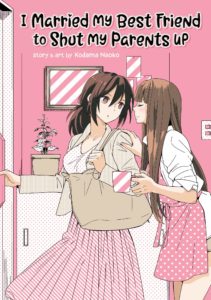
Publisher: Seven Seas Entertainment
To a certain degree, I Married My Best Friend to Shut My Parents Up is about exactly what it sounds like it’s about. Morimoto is a young woman with a professional career who is tired of hearing her parents insist that she should find a “nice man” and start building a life that comports with their traditional expectations. However, Morimoto (or Mochi) is not content with their vision for her future (among other reasons, her attempts at romance with men have gone nowhere).
When she shares her woes with Hana, her friend from high school, who suggests a fake marriage (or a same-sex civil union, which she remarks is legal in certain municipalities in Japan). Mochi knows that Hana is a lesbian, as the pair already have something of a romantic history: in high school, Hana asked if they could start dating, but Mochi declined. Nevertheless, when Hana excitedly suggests that the pair get “fake” married in order to deflect Mochi’s insistent parents, Mochi ultimately agrees (Hana later reveals that she had an ulterior motive, as well, since she was in need of a new place to stay after being forced to leave her old apartment due to renovations).
I Married My Best Friend to Shut My Parents Up
I Married My Best Friend to Shut My Parents Up opens on a conversation between Mochi and one of her male colleagues at her job. Her colleague openly fantasizes about having a wife at home who would greet him at the door after work and offer him food, a bath, or sex. While Mochi’s colleague assumes that Mochi’s equivalent would be to be married to a man, it’s revealed that Hana is already waiting for her at home, eager to offer essentially the same experience that Mochi’s colleague had been fantasizing about.
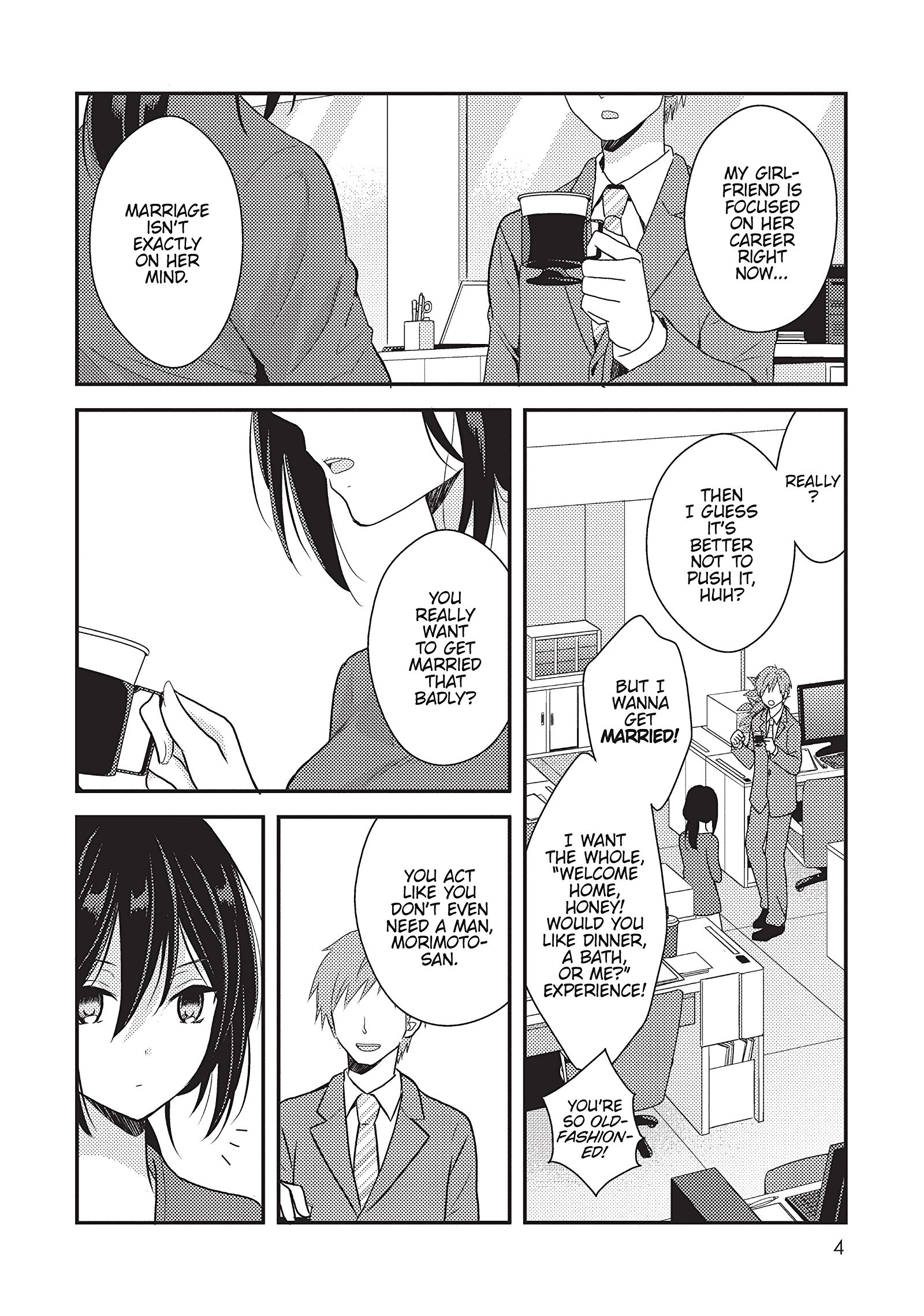
But while being married to a devoted woman who keeps house and greets you with a fresh-cooked meal might be some people’s fondest dream, is it Mochi’s? At first, she maintains that the marriage is nothing more than a subterfuge to throw her parents off their goal of setting her up with an eligible bachelor. While Hana makes no excuses for the fact that she’s attracted to Mochi, she nevertheless begrudgingly accepts the boundaries Mochi sets for her (although she does push against them a little, insisting that, as a married couple, they should be able to bathe together).
Getting to Know You
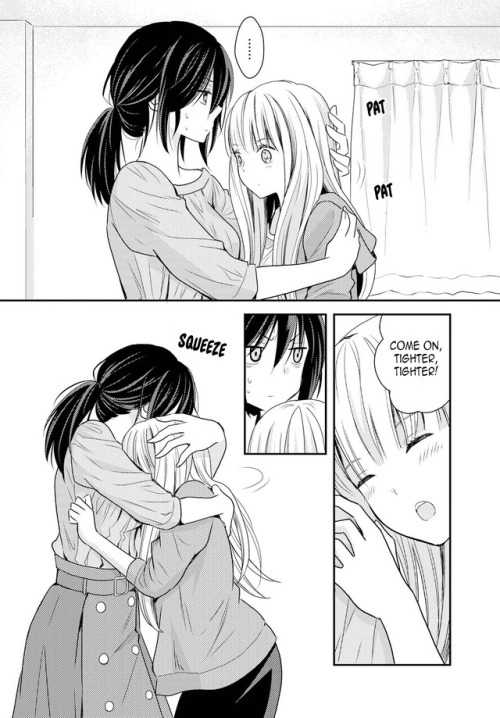
As time goes on, however, it becomes apparent that the coupling may have more benefits that simply serving as a shield against Mochi’s insistent parents. Part of this is the fact that, in spite of the trope of being an eager housewife, Hana still has her own personality and individual goals. When she wins a contest to design art for merchandise that will be sold in stores, she informs Mochi that she won’t be able to keep up as much with her chores and cooking (which she has been doing essentially in exchange for room and board).
This assignment ends up contributing to the evolution of the relationship between Mochi and Hana, in part because of the way that Mochi supports Hana’s professional goals. Not only is Mochi understanding of the fact that Hana won’t be able to help around the house as much, she supports her work by picking up some of the dinner cooking responsibilities, ensuring that Hana eats even when she’s working on deadline.
Furthermore, the relationship ends up having a positive effect on other areas of Mochi’s life, as well. At work, she earns the opportunity to take part in an important project but overhears her boss declaring that in spite of her advanced ability, she would be unfit for a larger role due to her gender. While Mochi attempts to deny that this prejudice bothers her at first, telling herself that it’s “only a job,” Hana’s excitement about her work proves to be infectious.
Inspired by Hana’s devotion and passion for her own job, Mochi forces herself to identify what she wants from her career, and then actually asks for it. The result? At the conclusion of the story, we see that it isn’t only Mochi’s home life that has been transformed by her acceptance of what she really wants, but her professional life improves, as well. While she may not have been able to articulate her goals at the outset of the story, her experiences with Hana have helped her to identify and fulfill her deeper desires.
Getting To Know Everything About You
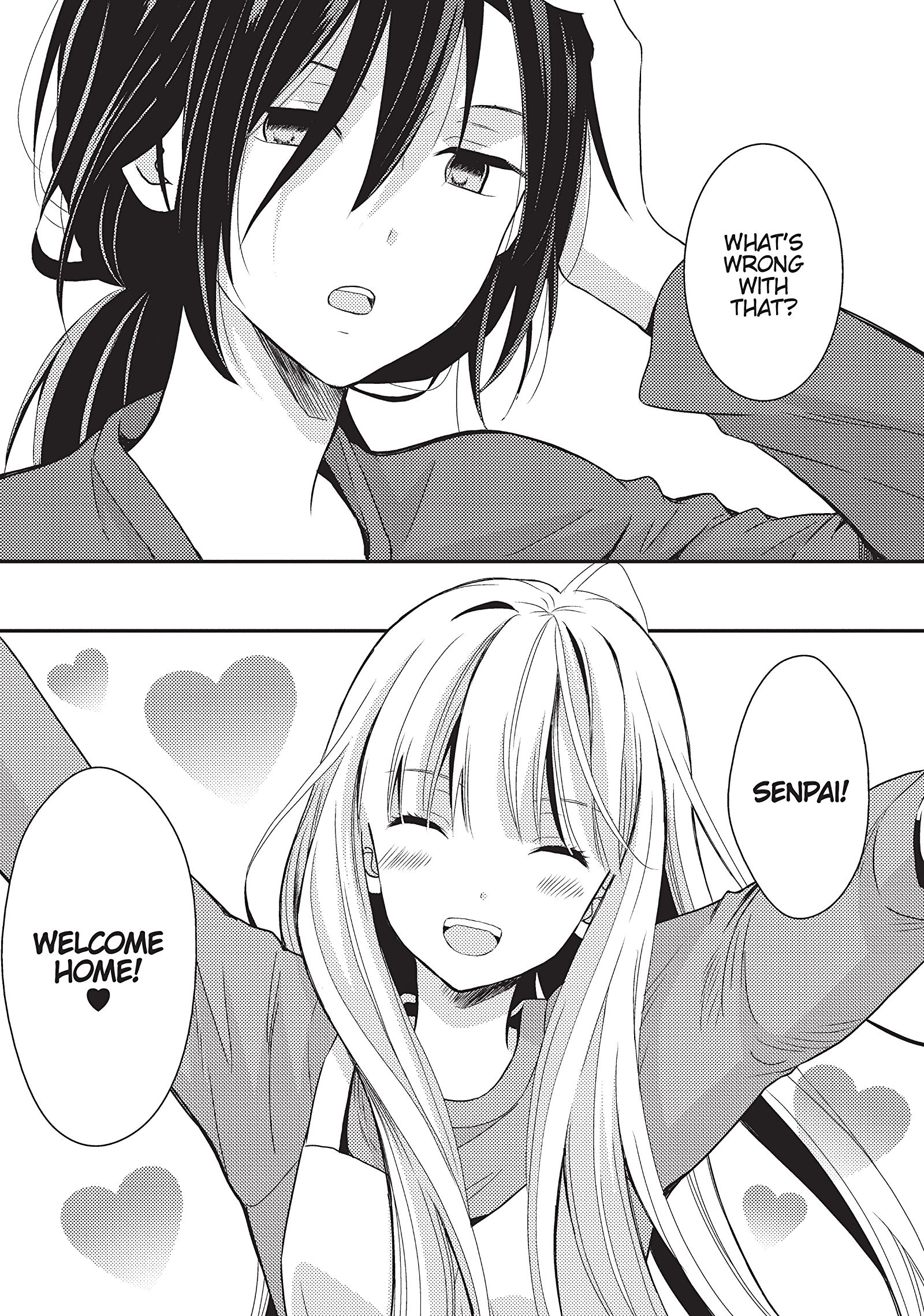
In some ways, I Married My Best Friend to Shut My Parents Up is a story about allowing yourself to accept your desires (even if you have spent a lot of time telling yourself that they aren’t what you actually desire). But while this yuri manga works on a deeper level, it also works as a light romance story, allowing Mochi and Hana to have plenty of extremely cute moments as they adjust to domestic life with one another.


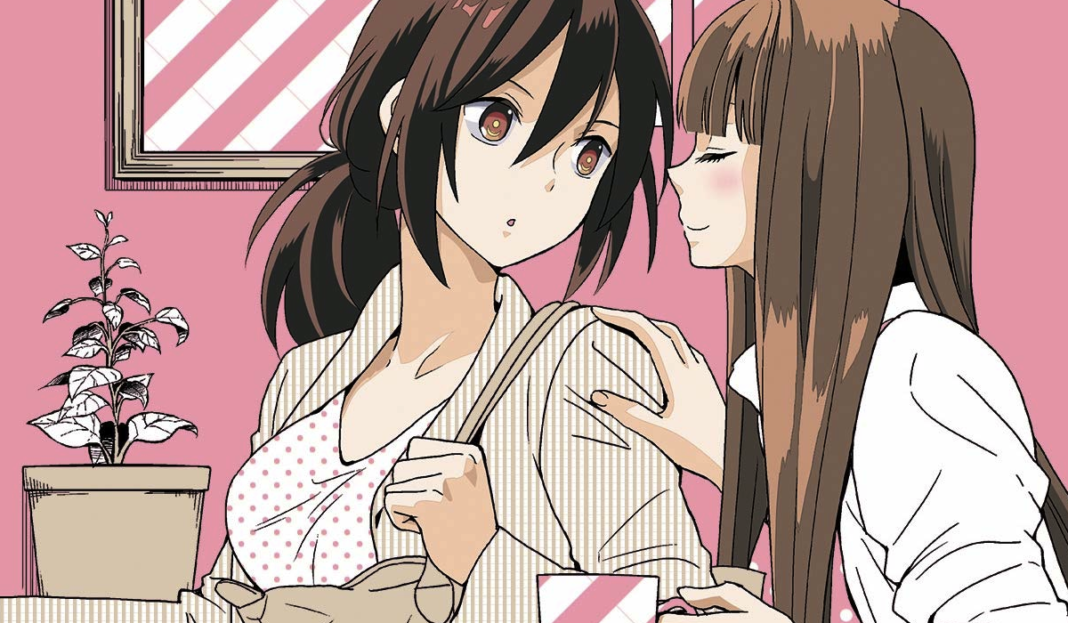
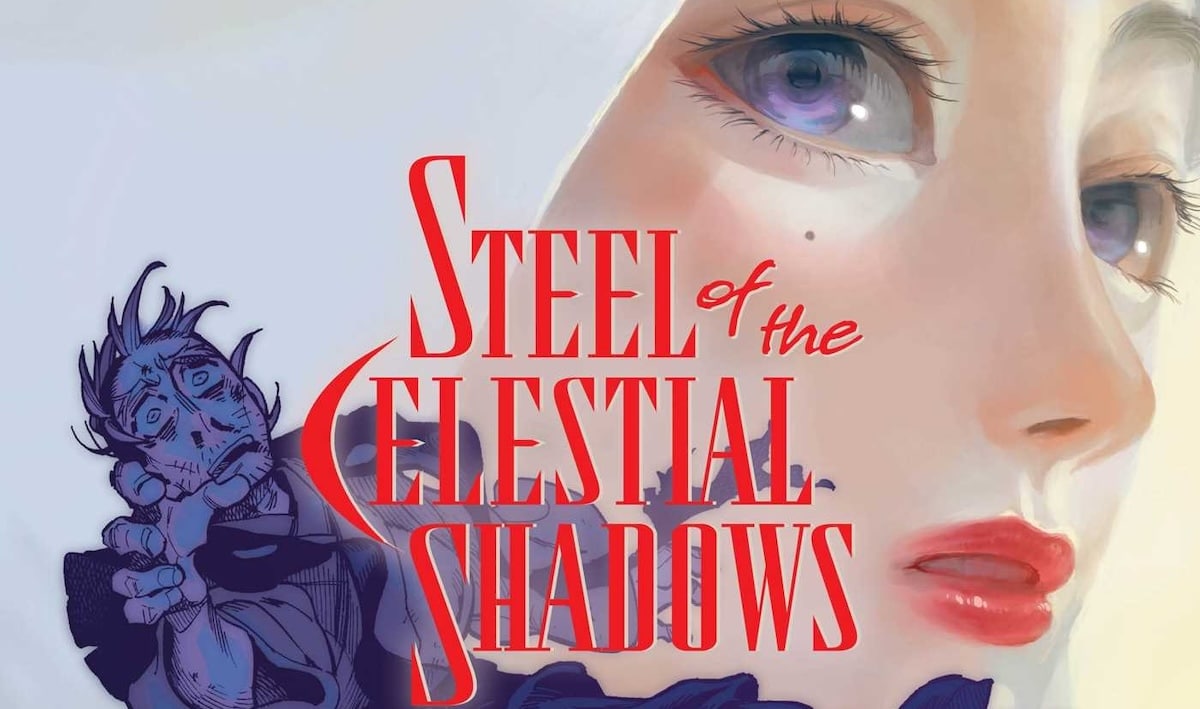
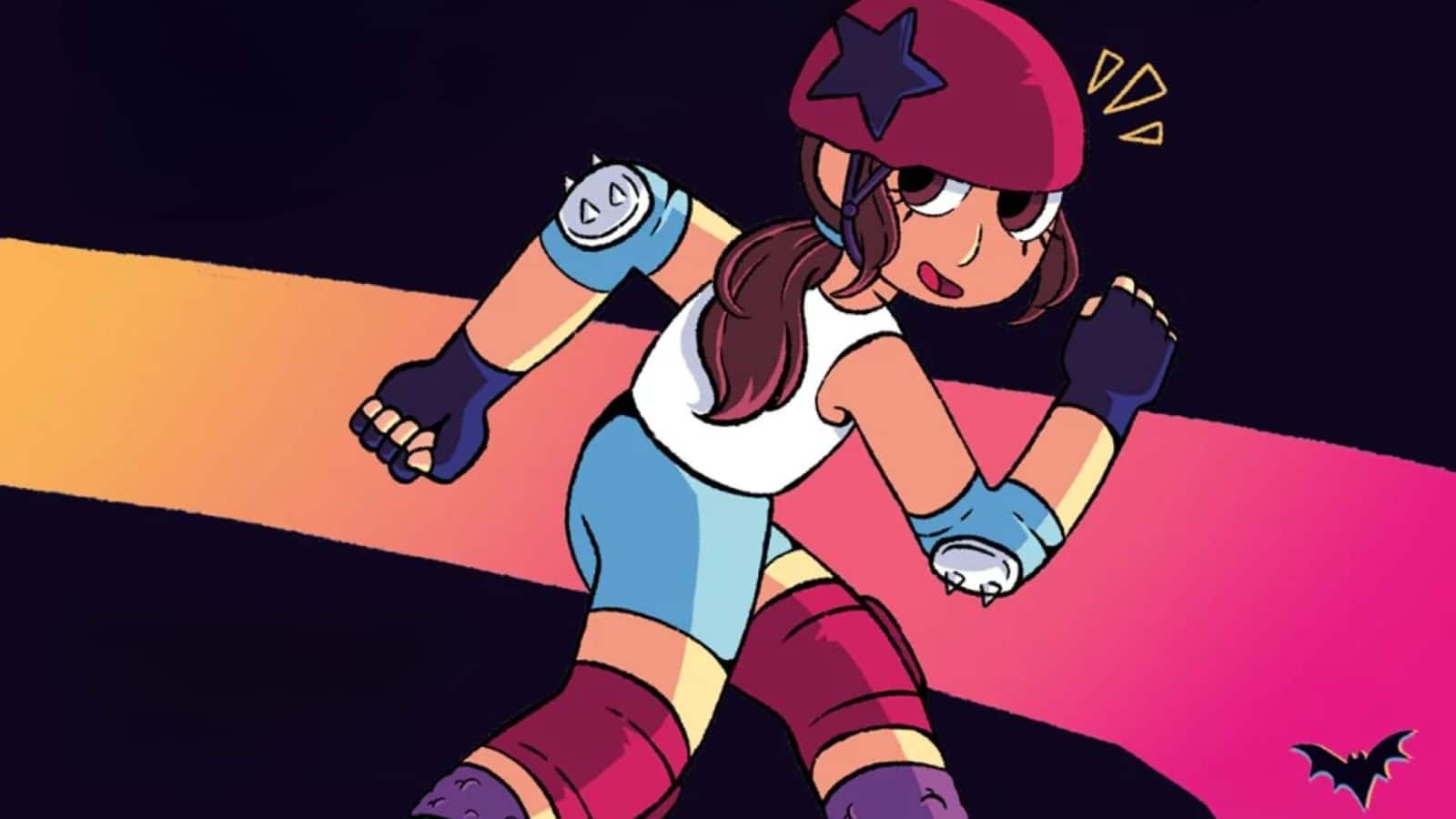
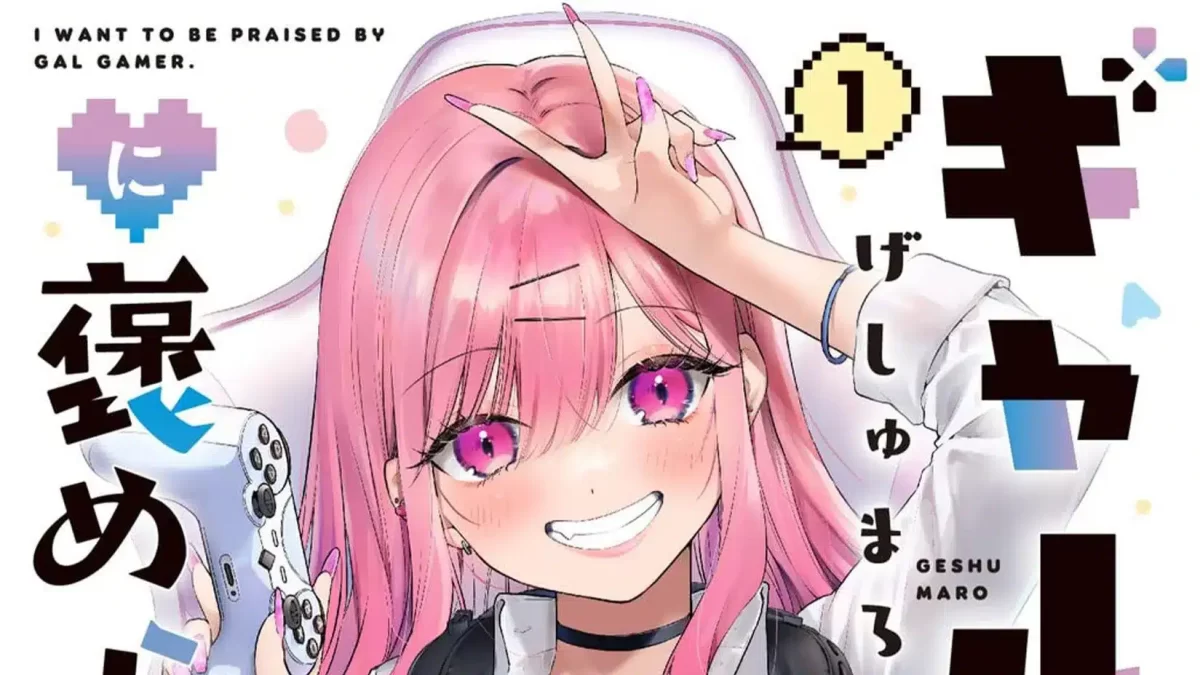



Why is it that so many current reviewers think spoiling the entire plot of a book is the same as a review? It might be a fun book, but after this review, I already feel like I’ve read it.
Comments are closed.